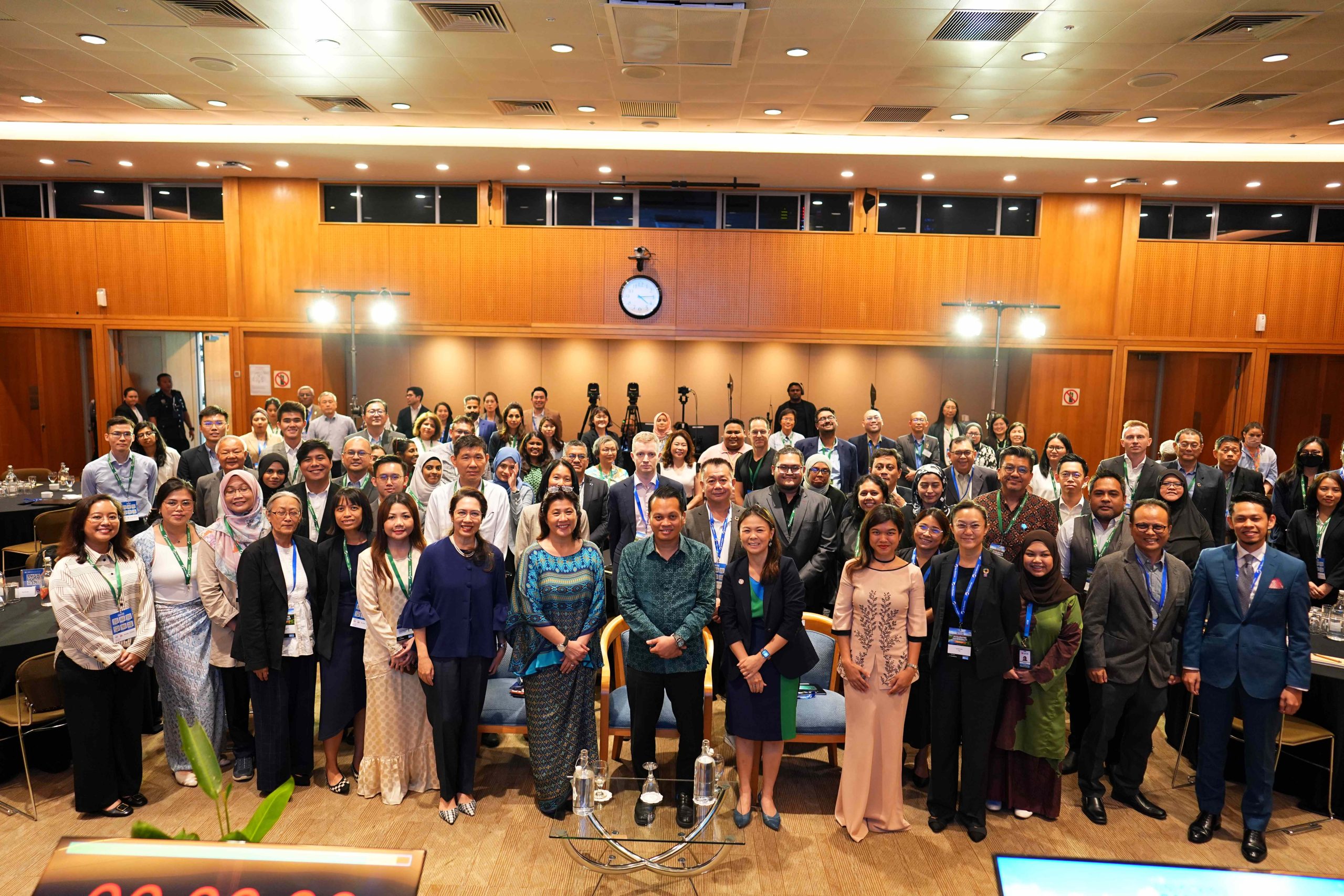Malaysia’s highly-anticipated National Climate Change bill is progressing steadily, with the Ministry of National Resources and Environmental Sustainability (NRES) planning to share the results of a roadshow across Malaysian states in September, followed by a month-long public consultation for feedback.
This announcement was made by Minister of Natural Resources and Environmental Sustainability, Nik Nazmi Nik Ahmad, at the Unlocking Capital for Sustainability 2024 summit at the Securities Commission.
The bill will include various mechanisms, such as carbon pricing, to reduce emissions. Nik Nazmi emphasized the need for greater regional collaboration in strengthening carbon markets, advocating for an ASEAN framework to enhance their credibility globally. ASEAN is poised to become the fourth largest economy by 2030, making such measures critical.
Unlocking Capital for Sustainability, hosted by Eco-Business in partnership with the United Nations Environment Programme Finance Initiative (UNEP FI), is part of a series of forums across Asia.
These forums aim to bring together decision-makers from business, policy, and civil society to discuss and commit to actionable initiatives that mobilize capital markets for sustainable development.
The Malaysian edition of the summit, themed ‘Decarbonising growth, accelerating sustainability,’ was held at the Securities Commission in partnership with Capital Markets Malaysia and other organisations.
In his keynote speech, Nik Nazmi highlighted Malaysia’s climate action progress and the challenges ahead, including new government directives and national roadmaps aimed at accelerating the energy transition and spurring investments in the green economy.
He discussed the anticipated National Climate Change bill’s progress during a fireside chat with Eco-Business founder and managing director Jessica Cheam, noting the importance of engaging various stakeholders, including corporates, SMEs, indigenous peoples, and federal states.
NRES is committed to tabling the bill in Parliament by 2025, and has been gathering input from local governments, the private sector, and civil society through engagement forums.
Nik Nazmi also stressed the need for global unity in addressing climate change amid ongoing geopolitical tensions, noting that effective climate action requires commitments from major players like China and the US. “Climate change is something that unites us,” he said.
The forum addressed challenges faced by Malaysia’s SMEs in ESG disclosures, the progress of the national carbon market, the climate change bill, and the role of corporate governance in driving sustainability.
Tham Chee Aun, founder and CEO of Ditrolic Energy Group, highlighted the need for policies promoting an open electricity market to support renewable energy integration.
“Malaysia requires at least US$375 billion by 2050 for its energy transition,” Tham stated, stressing the importance of blended finance to meet this substantial investment need. He called for clear policy frameworks, sufficient funding, and strong incentives to encourage investment and innovation in the energy sector.
Jessica Cheam noted that Malaysia has made significant progress in climate action but urged for an enabling policy environment to attract large-scale funding for sustainable development infrastructure. “Blended capital, capacity building, and effective public-private partnerships will be key to accelerating Malaysia’s economic and energy transition,” she said.
She concluded by stressing the responsibility of every individual in addressing climate change, from SMEs to large corporations and the public sector.

























